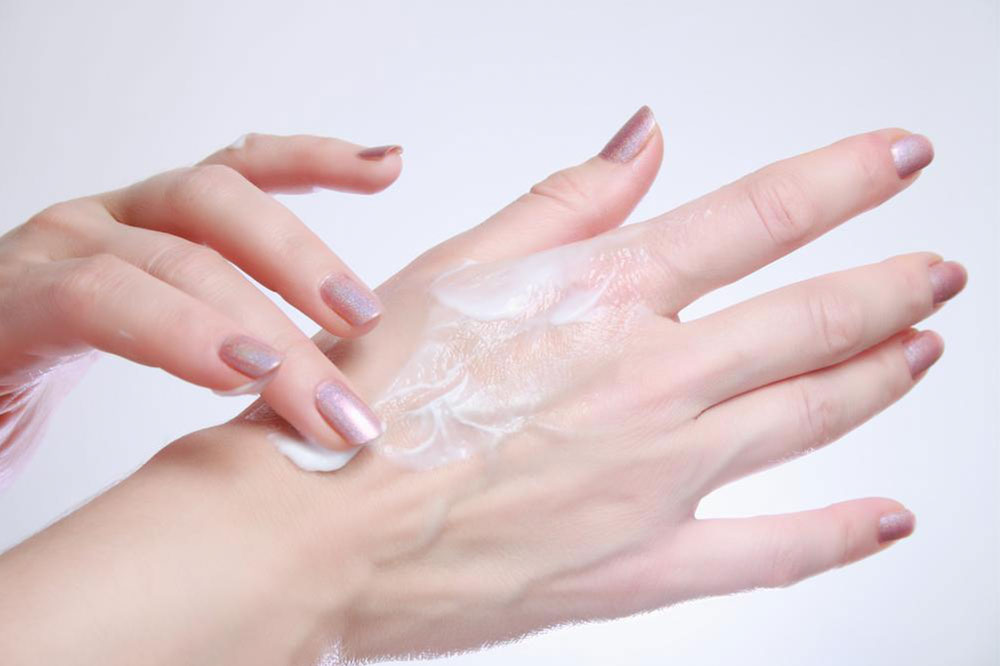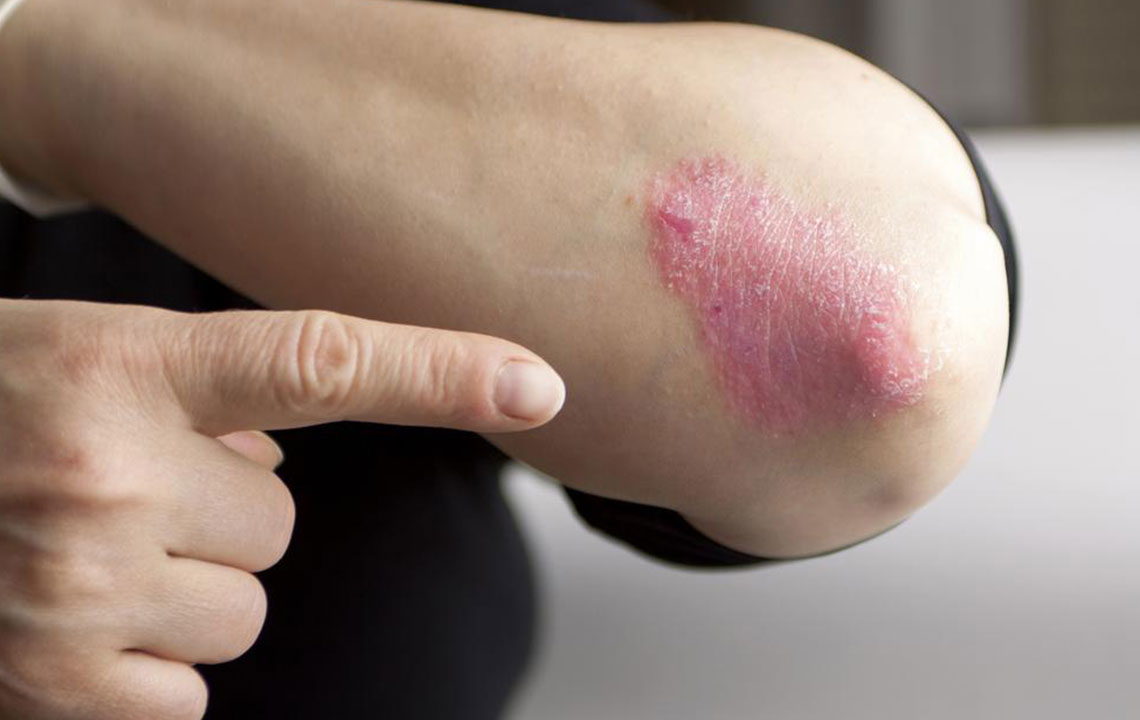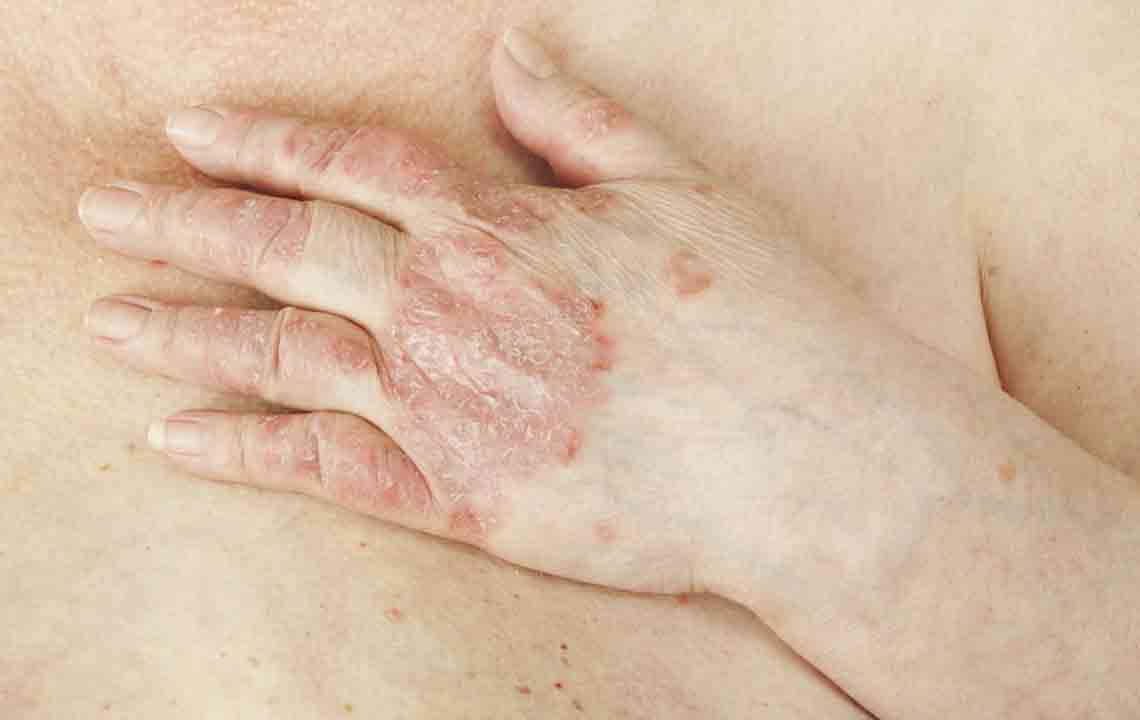Key Insights for Selecting Effective Treatments for Plaque Psoriasis
This article offers vital guidance on choosing effective treatments for plaque psoriasis. It covers risk factors, potential complications, diagnosis methods, and treatment options ranging from topical creams to systemic medications. Emphasizing early intervention and personalized care, it helps patients better manage symptoms and improve their quality of life despite the chronic nature of the condition.
Sponsored

Plaque psoriasis is an autoimmune skin condition characterized by the appearance of raised, scaly patches on various parts of the body, especially the elbows, knees, and scalp. Recognizing early signs, understanding causes, and knowing potential complications are crucial for effective management. Although the condition is influenced by genetic factors, environmental triggers such as stress, infections, obesity, and smoking can also play a significant role. Timely diagnosis and personalized treatment strategies can significantly improve quality of life for those affected.
What are the risk elements associated with plaque psoriasis?
While a genetic predisposition is linked to plaque psoriasis, not everyone with the genetic mutation develops the condition.
Environmental factors act as triggers that can induce the disease in genetically predisposed individuals.
Having close relatives with psoriasis increases your likelihood of developing the condition.
Smoking not only raises the risk but also worsens symptoms.
Other factors include high stress levels, obesity, and recurring infections caused by bacteria or viruses.
Potential health issues linked with plaque psoriasis
Early and appropriate treatment is essential to prevent serious health complications.
Severe joint damage, known as psoriatic arthritis, can result if the disease is left unmanaged.
Eye problems such as conjunctivitis and blepharitis are common among affected patients.
Research indicates a higher incidence of Parkinson’s disease in individuals with psoriasis.
Related health concerns include type 2 diabetes, obesity, hypertension, kidney issues, and cardiovascular conditions.
Diagnosing plaque psoriasis
Experts can usually identify plaque psoriasis by examining skin plaques’ appearance and distribution.
Typical locations such as elbows, knees, and scalp are indicative features.
Involvement of the nails, showing thickened or distorted nails, further aids diagnosis.
In some cases, a skin biopsy is performed, removing a small tissue sample for microscopic analysis.
Effective treatment options for plaque psoriasis
Treatment choices depend on disease severity; mild cases may improve with lifestyle changes and avoiding triggers.
Topical therapies are preferred for fewer plaques, alleviating inflammation and slowing skin cell growth.
Phototherapy using controlled UV light is also beneficial, with precautions to prevent overexposure and skin damage.
For moderate to severe cases, systemic medications such as oral drugs, injections, or infusions are recommended, targeting the entire body.
Although plaque psoriasis is non-contagious, there is currently no cure. Managing symptoms and reducing flare-ups involve tailored treatment plans and lifestyle adjustments to enhance well-being.






